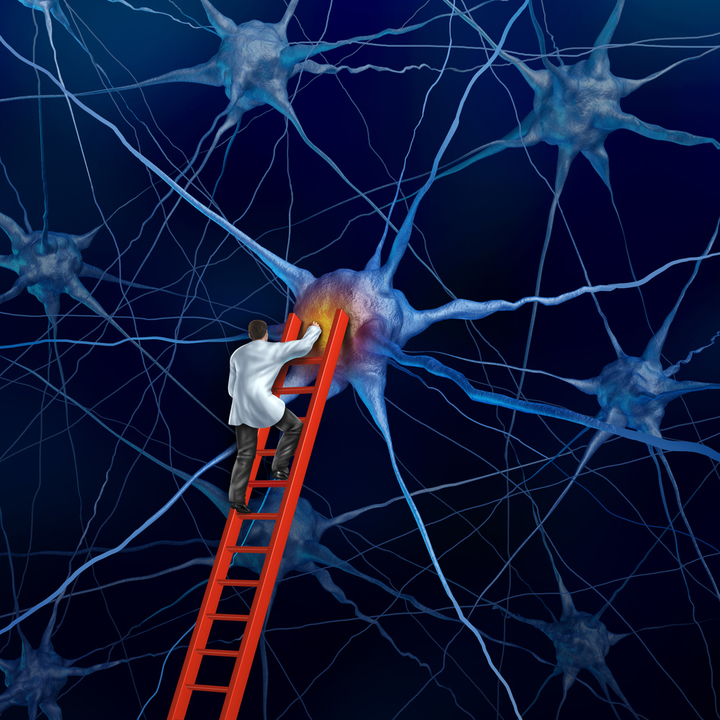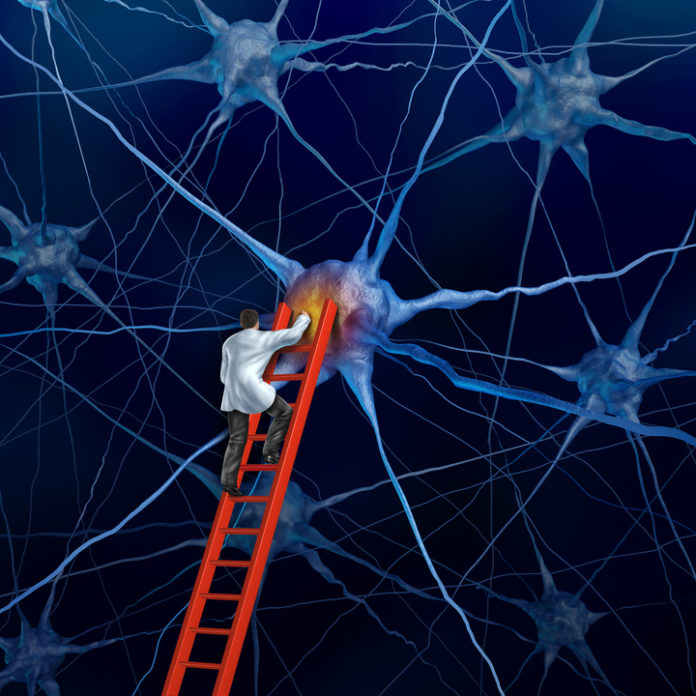Many people who suffer from substance use disorder also struggle with impaired cognitive functions, which makes sustained addiction recovery more difficult.
Recent research published in the journal Genes, Brain and Behavior proposed making strengthening cognitive functions a primary focus of addiction recovery and suggested several new medication-based and cognitive intervention strategies to counteract the cognitive defects caused by drug use.
The three most common cognitive impairments associated with substance use disorder are impulsiveness, cognitive flexibility and attentional bias. Unfortunately, all three are essential to the success of commonly used behavior modification programs like cognitive behavioral therapy (CBT), which aims to develop coping skills through cognitive techniques and skill-building, and motivational enhancement therapy (MET), which focuses and strengthens a client’s own motivations to recover from substance use disorder.
Researchers stated that in order for these techniques to be successful, a certain level of cognitive engagement is essential — engagement that is hindered by the effects of drug use. Chronic cocaine users have shown impairments in memory encoding, alcohol abuse has been associated with shortfalls in long-term memory, cannabis use has shown to impair memory, as well, and reduced behavioral flexibility has been observed in people who abuse opiates, nicotine and psychoactive drugs.
“It is clear that the cognitive profile of [substance use disorder] presents an obstacle for the recovery process,” researchers wrote.
Medication-assisted therapy with drugs like naltrexone, fluoxetine (Prozac), and bupropion (Zyban) have shown to reduce relapses. However, patients on these drugs still have diminished cognitive functions, and these treatments require frequent administrations of the medications and possibly a long-term regimen.
The focus should be on medications that facilitate a more enduring change, in which the “subject learns to inhibit their original behavior because it no longer has any value,” researchers stated.
The study proposed several pharmacological alternatives including… (continue reading)

















